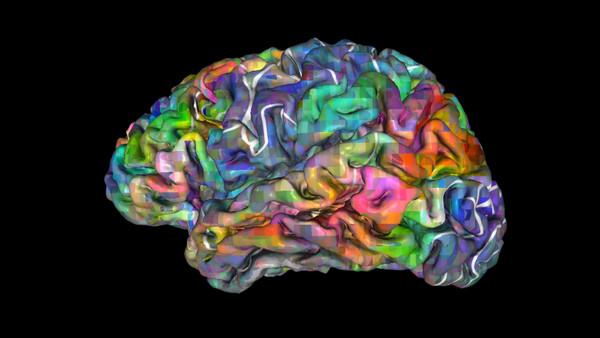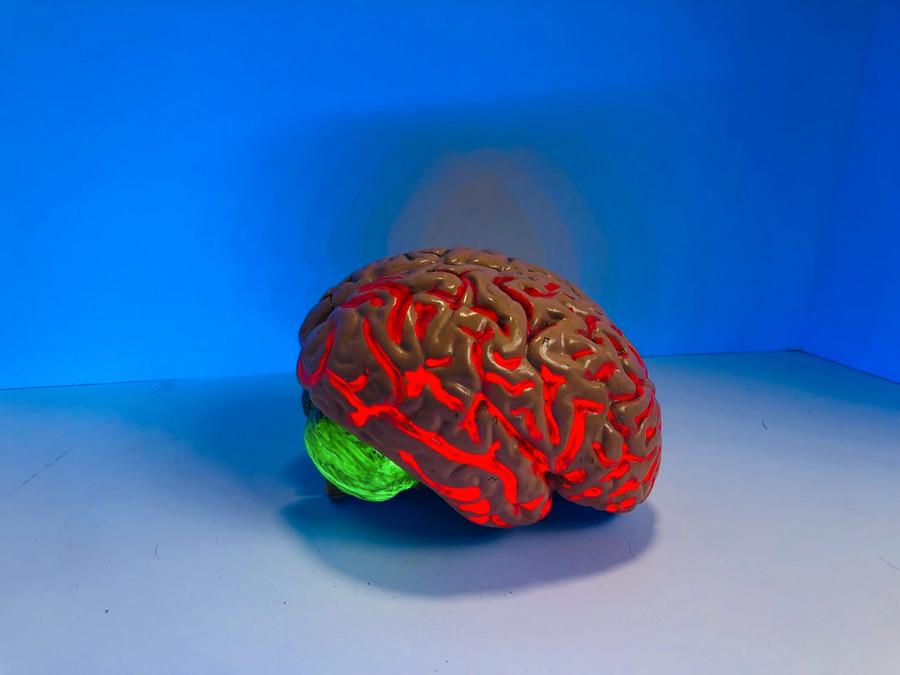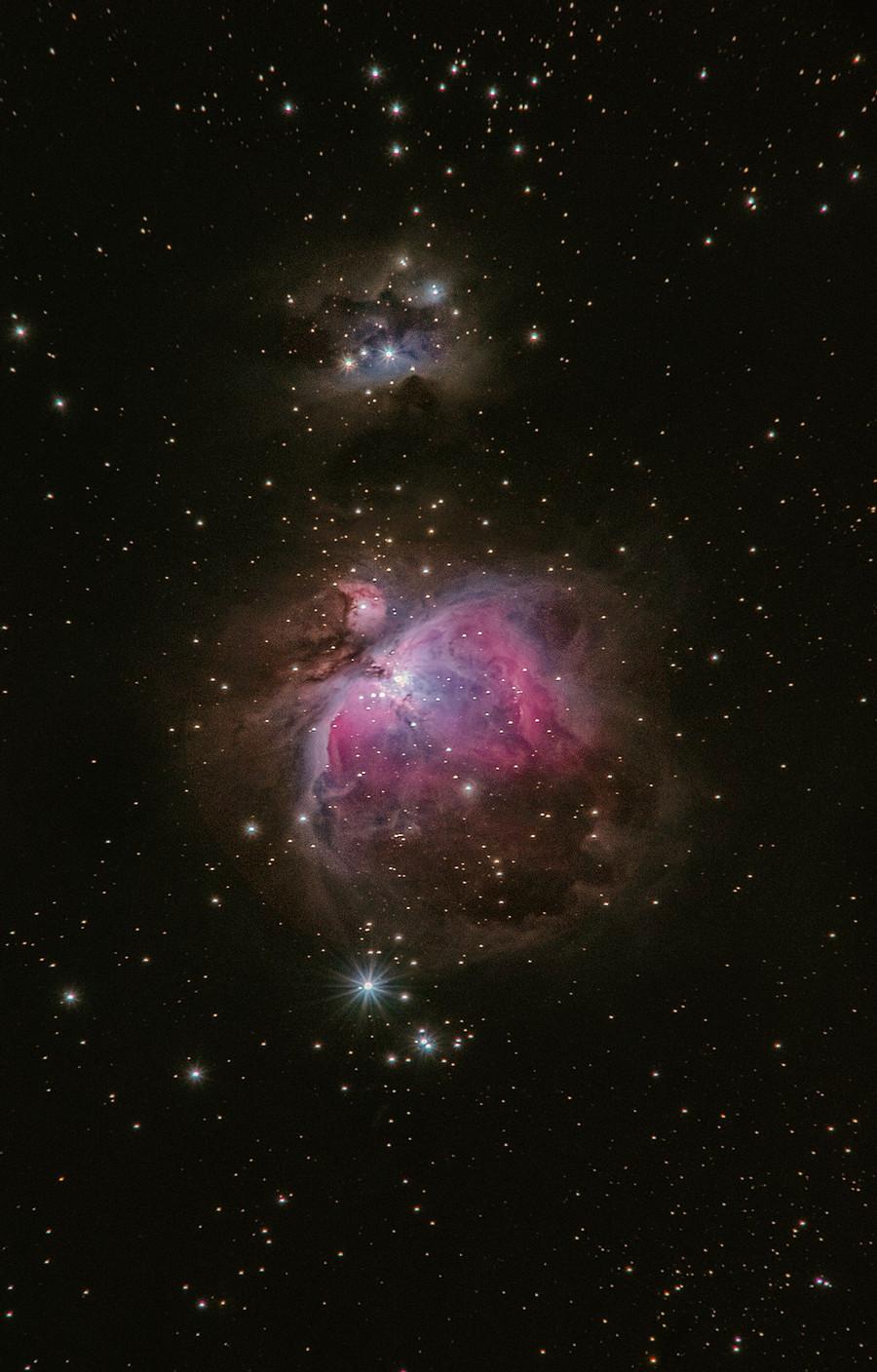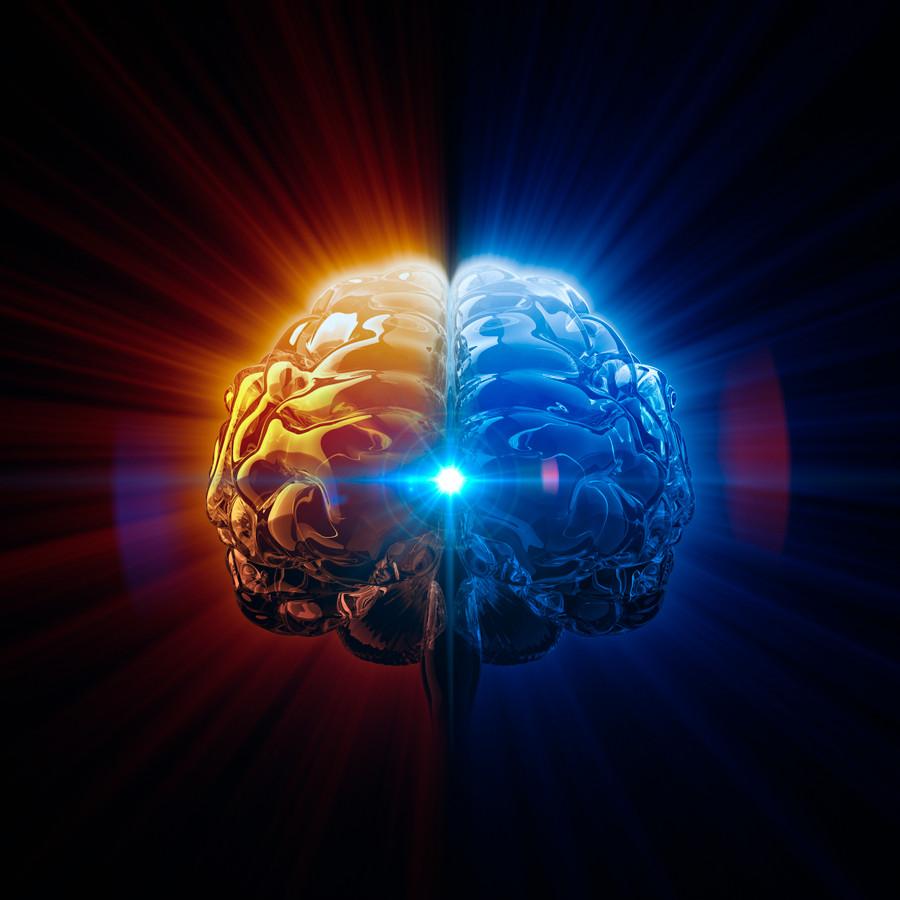Scientists say your “mind” isn’t confined to your brain, or even your body
Curated from: qz.com
Ideas, facts & insights covering these topics:
4 ideas
·878 reads
24
Explore the World's Best Ideas
Join today and uncover 100+ curated journeys from 50+ topics. Unlock access to our mobile app with extensive features.
The Mind Defies Defining
What is a mind? Defining the concept is a surprisingly slippery task. The mind is the seat of consciousness, the essence of your being. Without a mind, you cannot be considered meaningfully alive. So what exactly, and where precisely, is it?
Traditionally, scientists have tried to define the mind as the product of brain activity: The brain is the physical substance, and the mind is the conscious product of those firing neurons, according to the classic argument. But growing evidence shows that the mind goes far beyond the physical workings of your brain.
18
275 reads
What Scientists Say
A key component of the mind is the emergent self-organizing process, both embodied and relational, that regulates energy and information flow within and among us.
The most immediately shocking element of this definition is that our mind extends beyond our physical selves.
Our mind is not simply our perception of experiences, but those experiences themselves. It’s impossible to completely disentangle our subjective view of the world from our interactions.
15
210 reads
The Mind Is Like Math
The original idea for defining the mind in a new way came from mathematics. The mind meets the mathematical definition of a complex system in that it’s open (can influence things outside itself), chaos capable (which simply means it’s roughly randomly distributed), and non-linear (which means a small input leads to large and difficult to predict result).
14
193 reads
The Mind Encompasses Your Body and Surroundings
Even perceiving our mind as simply a product of our brain, rather than relations, can make us feel more isolated. And to appreciate the benefits of interrelations, you simply have to open your mind.
14
200 reads
IDEAS CURATED BY
CURATOR'S NOTE
The mind isn't just confined in y our head.
“
Antonio V.'s ideas are part of this journey:
Learn more about scienceandnature with this collection
How to make sustainable choices in everyday life
Identifying ways to reduce waste and conserve resources
Understanding the impact of human actions on the environment
Related collections
Similar ideas
2 ideas
How Neuroplasticity Changes the Brain
home.hellodriven.com
11 ideas
Read & Learn
20x Faster
without
deepstash
with
deepstash
with
deepstash
Personalized microlearning
—
100+ Learning Journeys
—
Access to 200,000+ ideas
—
Access to the mobile app
—
Unlimited idea saving
—
—
Unlimited history
—
—
Unlimited listening to ideas
—
—
Downloading & offline access
—
—
Supercharge your mind with one idea per day
Enter your email and spend 1 minute every day to learn something new.
I agree to receive email updates




